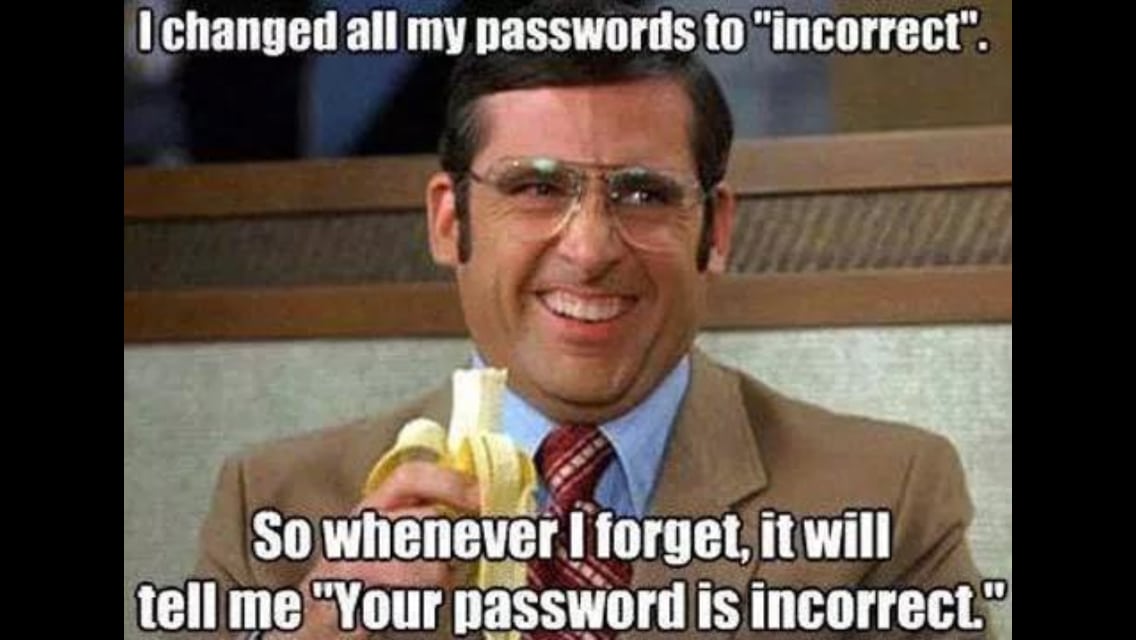2 min read
Combating the negative stigmas in healthcare to connect with patients
Kirsten Peremore
June 11, 2024

Organizations can use HIPAA compliant email to conduct surveys or gather feedback on patient experiences, identifying areas where stigma may be present. By addressing these issues directly and transparently, they can make targeted improvements to their services and communication strategies.
The power of stigmas in healthcare
Merriam-Webster defines stigma as, “a set of negative and unfair beliefs that a society or group of people have about something”
Stigma in healthcare refers to negative attitudes and beliefs directed towards individuals based on their health conditions, behaviors, or characteristics. Its power in a healthcare setting leads to discrimination and a reduced quality of care. Patients who feel stigmatized often experience shame and stress.
Healthcare providers influenced by stigma might offer biased care. This stigma undermines trust between patients and providers, hindering the delivery of equitable and compassionate healthcare. With a breakdown in trust comes the likelihood that patients are less likely to seek necessary care.
The role of healthcare providers in perpetuating negative stigmas
Negative stigmas in healthcare develop when societal biases and misconceptions about certain health conditions, behaviors, or characteristics influence healthcare providers' attitudes. Common stigmas include biases against patients with mental health disorders, substance use issues, obesity, or HIV/AIDS. Providers may perpetuate these stigmas by making assumptions, using discriminatory language, or providing unequal treatment.
According to a study apart of the Springer Phsyciatric Quarterly, “Research with healthcare professionals has shown that stigmatizing attitudes and behaviors occur across the healthcare spectrum. For example, Ogunsemi, et al. (2008), used a questionnaire to determine attitudes of medical students toward individuals with mental illnesses. The results indicated that medical students have negative attitudes toward individuals with mental illnesses and maintained a social distance from these individuals.”
Providers are often unaware of their biases or the impact of their actions. The result is an environment where patients feel mistrust and fear. This cycle of stigma and poor health can be challenging to break, as it requires both awareness and active effort from healthcare providers to change.
See also: How mental health and SUD privacy laws can affect email marketing
Fighting negative stigmas through communication
- Personalized educational campaigns: Send tailored information about specific health conditions directly to patients who might be affected, correcting misconceptions and providing support resources.
- Confidential support groups: Create and manage secure email-based support groups where patients with similar conditions can share experiences and support each other. Facilitate moderated discussions that provide a safe space for sharing without judgment.
- Provider training and updates: Regularly email healthcare providers with training modules and updates on best practices for treating stigmatized conditions.
- Anonymous feedback mechanisms: Implement secure, anonymous feedback forms sent via email, allowing patients to report stigmatizing experiences without fear of retribution. Use this feedback to make concrete improvements in care practices and provider education.
- Mental health check-ins: Schedule regular email check-ins with patients dealing with stigmatized conditions, offering mental health resources and support. Provide links to counseling services and helplines, ensuring patients know they are not alone.
- Myth-busting newsletters: Send periodic newsletters that debunk common myths and stigmas about various health conditions, backed by medical evidence.
- Confidential Q&A sessions: Organize secure email-based Q&A sessions where patients can ask health experts questions about their conditions anonymously.
See also: Top 12 HIPAA compliant email services
FAQs
How can healthcare providers become more aware of their own biases?
Providers can participate in regular training on cultural competence, implicit bias, and sensitivity toward stigmatized conditions.
Can email be used to deliver mental health support?
Yes, secure email can be used to provide resources, check-ins, and guidance to patients needing mental health support.
How can patients identify if they are experiencing stigma?
Patients may feel judged, receive less attention, experience dismissive attitudes, or notice a lack of empathy from healthcare providers.
Subscribe to Paubox Weekly
Every Friday we'll bring you the most important news from Paubox. Our aim is to make you smarter, faster.




